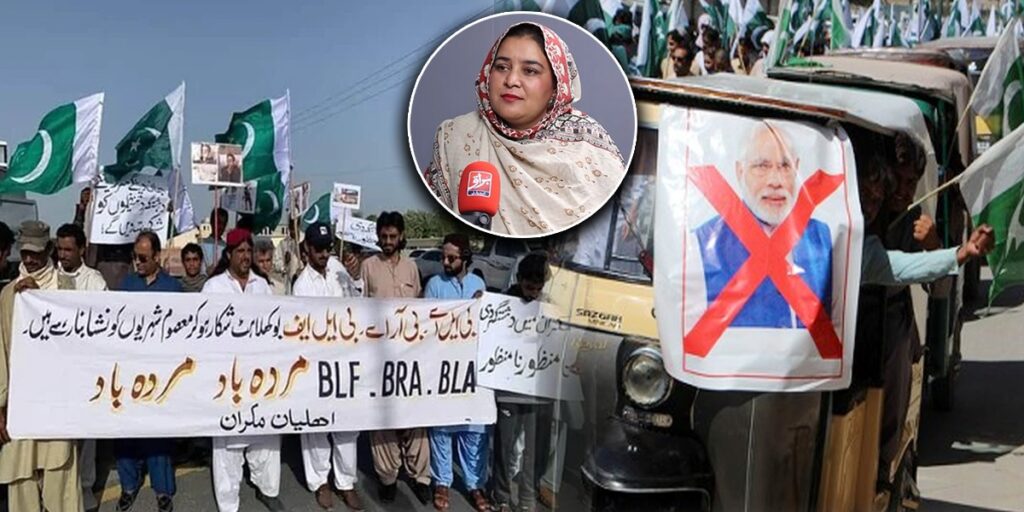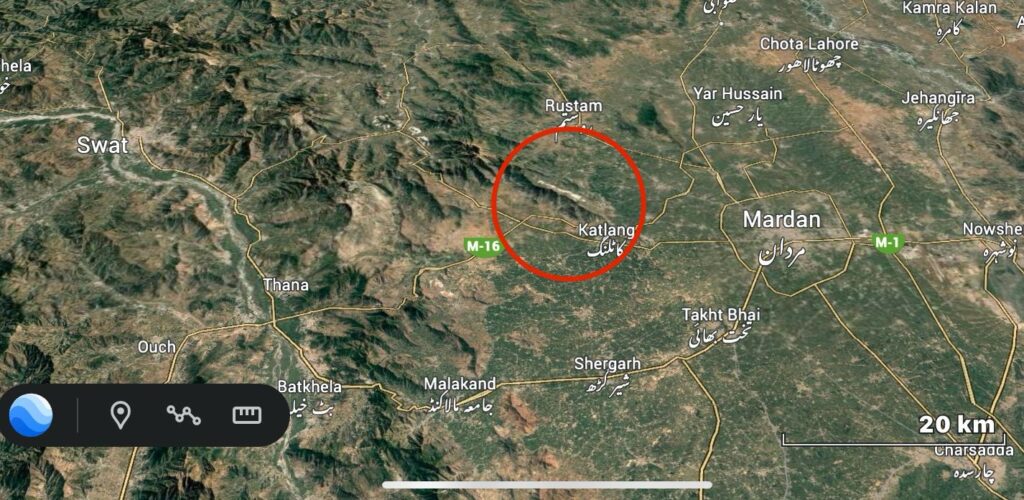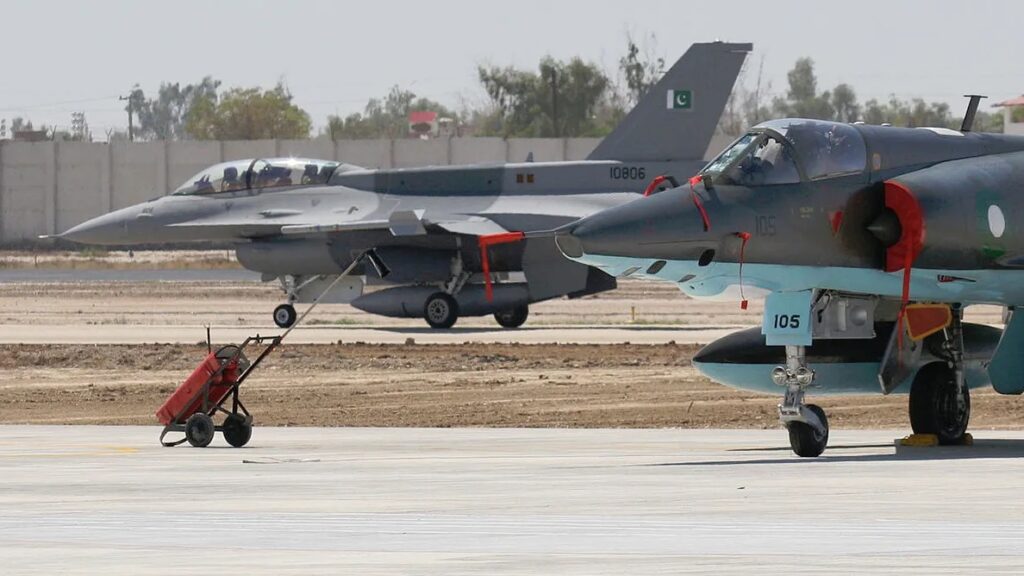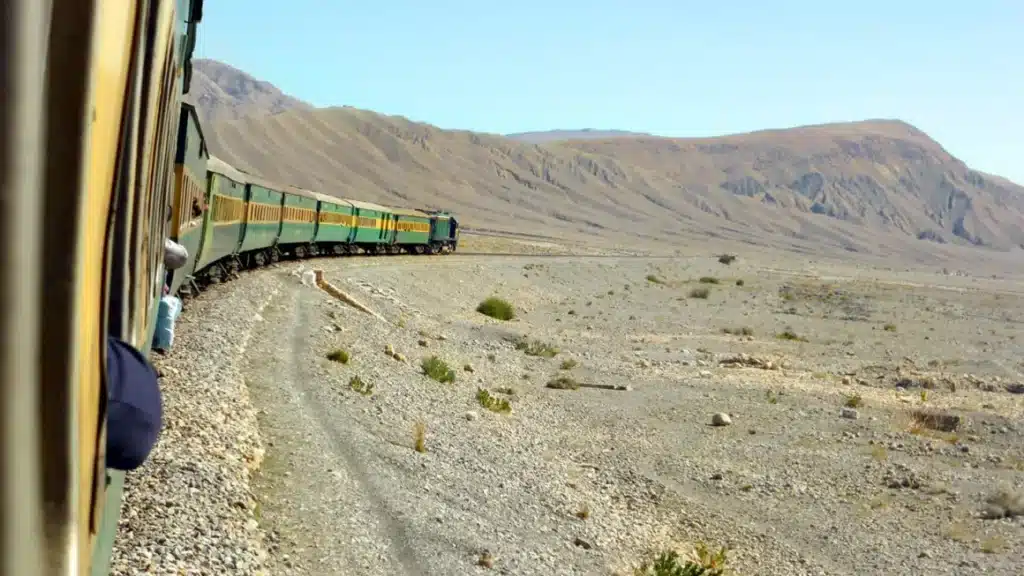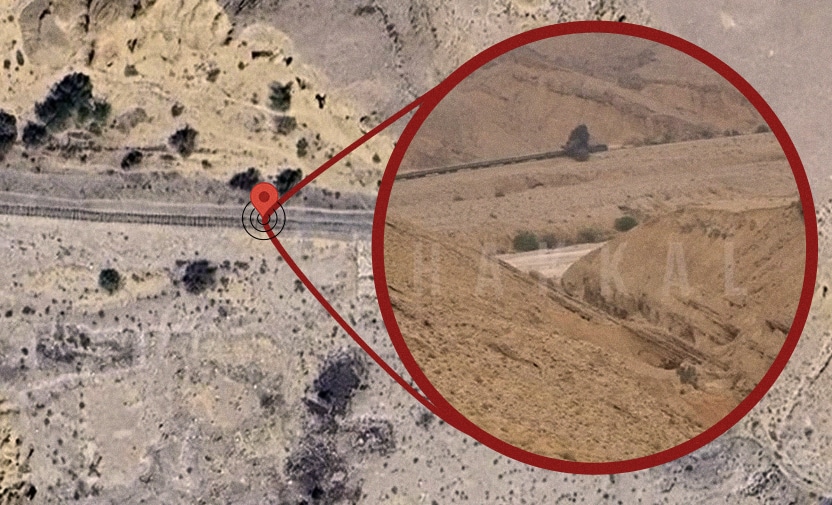By: Salma Khan
India’s obsession with Balochistan is not new. But lately, the desperation has reached laughable extremes. From fictional military operations like “Sindoor” to propaganda-driven Twitter accounts claiming “freedom struggles,” the Indian state machinery appears more focused on manufacturing narratives than confronting its own internal crises.
Take the case of retired Indian Army officer Major Gaurav Arya. His videos and tweets are filled with melodrama and outright lies. He claims Indian forces are ready to “liberate” Balochistan, often shouting into the camera as if playing a character in a low-budget Bollywood war film. His statements aren’t just detached from reality—they expose a delusional mindset that reflects India’s broader failure in foreign policy, especially regarding Pakistan.
Arya once proudly announced that 500 Baloch would be flown to Delhi and granted homes and privileges as a reward for supporting India. Not even five showed up. Why? Because real Baloch—whether in Pakistan or abroad—do not buy into Indian promises. We know who we are, where we come from, and what it means to defend our land. We will never become tools in India’s geopolitical games.
What India fails to grasp is that Balochistan is not a pawn—it is the heart of Pakistan’s strategic future. Despite facing decades of hybrid warfare, subversion, and proxy militancy, the people of Balochistan continue to resist. We know who funds these attacks, who gives safe haven to terrorists abroad, and who uses “missing persons” narratives as a cover for armed insurgents. And yes, we also know the IP addresses behind fake social media campaigns masquerading as “Baloch voices.”
One such example is the recently launched “Balochistan Facts Update” account—allegedly an independent source, but in reality, just another Indian mouthpiece pushing falsehoods. These online tactics, coordinated through IPs in Delhi, Dubai, Kuala Lumpur, and Toronto, are part of India’s failing fifth-generation warfare. They think hashtags and fake images can replace ground realities. But Balochistan cannot be destabilized by Twitter.
And let’s not ignore the hypocrisy. India lectures the world on democracy while crushing voices in Kashmir, persecuting Sikhs and Muslims, and watching its own farmers, students, and women protest in the streets. Instead of dreaming about Balochistan, perhaps India should focus on its own house, which is on fire.
Pakistan, on the other hand, continues to expose and dismantle the Indian proxies hiding behind ethnic masks. The Pakistani state knows who these people are. These aren’t “freedom fighters,” they’re paid actors, often alien to Baloch traditions, values, and even the Balochi language.
India’s arrogance at regional forums like SCO is also telling. When Pakistan assumes leadership roles in multilateral diplomacy, Indian media respond with panic. When Pakistani forces bring peace to troubled regions like Awaran, India responds with hashtags and hashtags alone. Their real fear is that Pakistan is stabilizing from within—militarily, diplomatically, and socially.
The truth is: Balochistan is no longer vulnerable to India’s psychological warfare. The people have woken up to the truth. They’ve seen what happens to those who sell themselves to foreign interests—exile, shame, or death. The few separatists abroad are losing credibility, clinging to expired asylum visas and recycled slogans. They are not “the Baloch voice.” They are a footnote in a much larger, prouder story.
To Gaurav Arya and those like him, I say: save your rage for your own failed policies. We are not fooled by your dramatic threats or your fake campaigns. Balochistan will never be yours—not in maps, not in dreams, not in hashtags.
Let me be clear: We are the Baloch, and we choose Pakistan.

